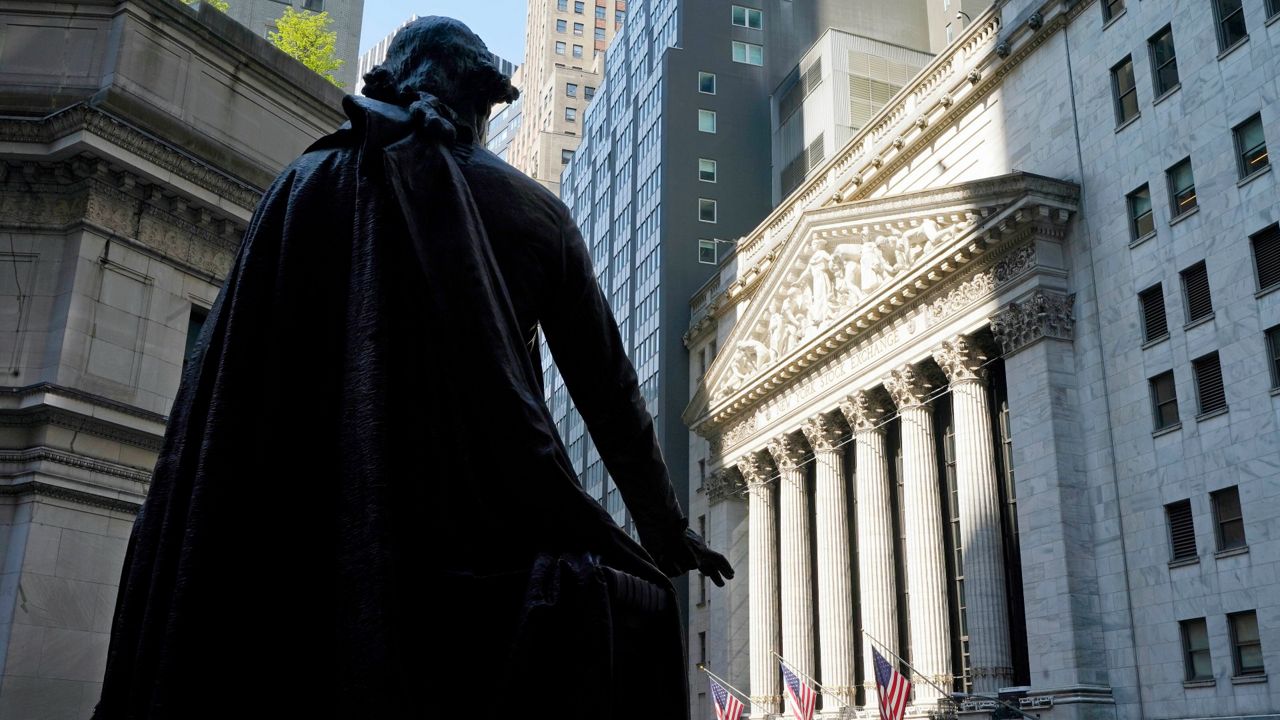Profits on Wall Street fell sharply in the first six months of the year underscoring the uncertain financial terrain facing the financial markets and New York state's economy, a report released Tuesday by Comptroller Tom DiNapoli's office found.
Financial firms saw first half profits of $13.5 billion this year, a drop from the $31 billion earned during the first six months of 2021 -- a decline of 56.3%, according to the report.
The development could have wide-ranging effects for the health of the economies of New York state and New York City. Both draw significant tax revenue from Wall Street and the financial sector, setting up a potential budget challenge in 2023 for lawmakers and the governor.
Wall Street accounts for $5.4 billion in New York City's tax revenue as of June 30 or about 8% of total collections. It's an even higher share at the state level at $22.9 billion or 22% of the state's total collections.
“The last two years of profits and bonuses fueled in part by the extraordinary federal response to the pandemic were not sustainable,” DiNapoli said. “The securities sector was a buffer for state and city revenues during the pandemic. As the sector slows down in 2022, leading firms are reviewing staffing and office space needs and a prolonged downturn could negatively impact state and city coffers. Continued support for other sectors that have been slow to recover is needed to speed recovery to their pre-pandemic levels and to help offset the decline in Wall Street-related tax revenues.”
The report pointed to multiple factors for the drop in profit, including a 47.9% decrease in firms' trading, underwriting and securities activities while equities offering were at their lowest point since 2003.
And then there are the Federal Reserve's efforts to tame inflation by increasing interest rates this year, which in turn have increased expenses threefold, the report found.
New York state had reaped billons of dollars in additional tax revenue in the last several years after increasing taxes on the state's wealthiest New Yorkers. But an economic downturn has already revised estimates for future budget years, and spending gaps are now being projected unless spending is adjusted.
An economic downturn could have broad effects for how New York funds its costliest budget items: education and health care.


